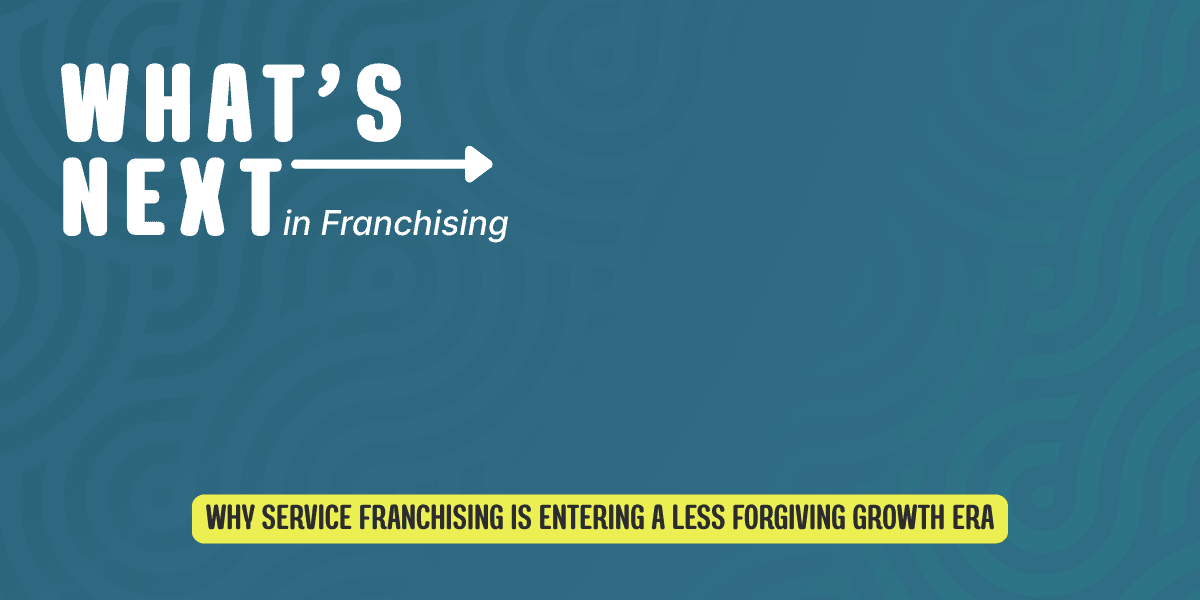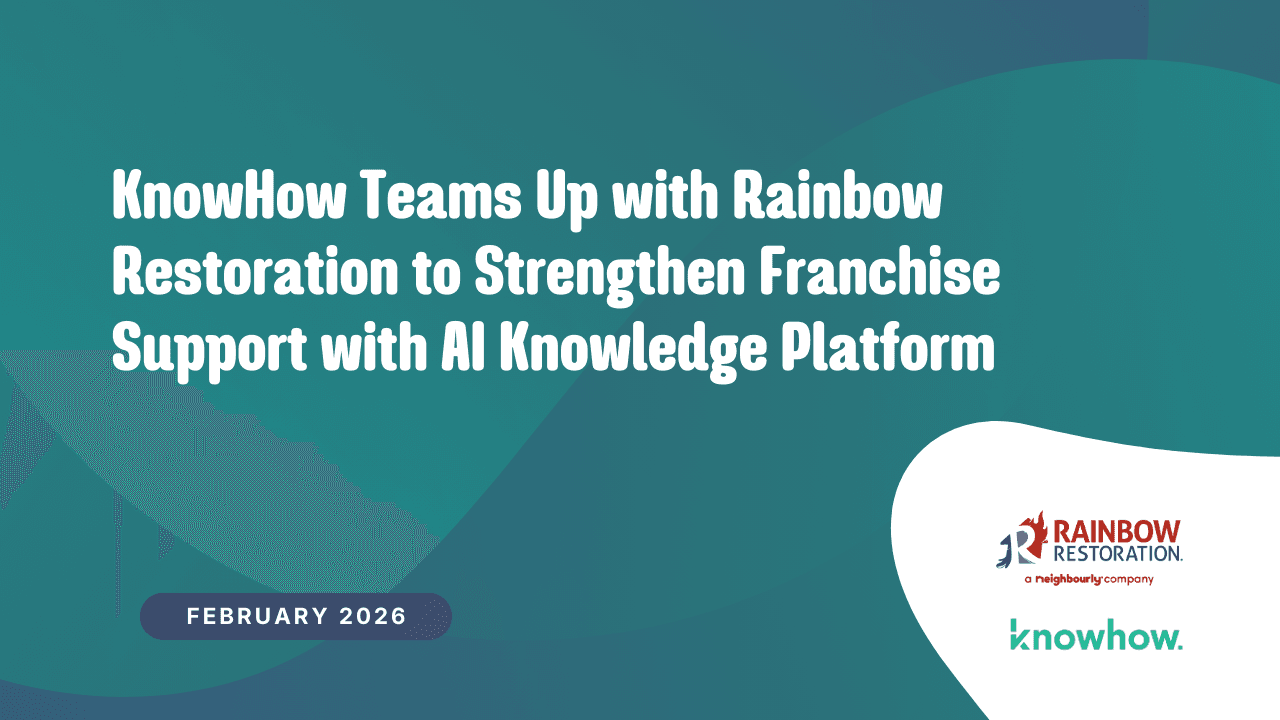
The Soft Skills That Make Great Leaders — Influential Restorers Weigh In



From the outside, soft skills may seem at odds with the hard-and-fast nature of the restoration industry.
After all, the job demands quick decisions, technical expertise, and resilience under pressure. Plus, the work can be pretty unglamorous at times. All these can, quite naturally, leave little room for the reflection and emotional intelligence required to be a strong leader.
Yet, the top leaders with the biggest impact in the industry are the ones who have successfully integrated soft skills—such as empathy and effective communication—into their leadership styles without compromising on the technical demands of their roles. This emphasis not only enhances team culture and staff buy-in but also drives better outcomes in high-stress situations.
To uncover what distinguishes these leaders, we spoke to a few of them—Julie Johnson, Jim Kowalski, Holly Murray, and Mark Springer—who shared the soft skills they prioritize in themselves and look for in others to effectively guide their teams and build high-performing organizations.
Here’s what they had to say.
Empathy and Accountability
For Holly Murry, President at FRSTeam, a good leader leads with empathy, putting themselves in the shoes of others, regardless of the circumstances.
In practice, this means pausing and checking in with an employee when they behave out of character—a habit Holly admits is “easier said than done when times are tough and people are pushing your buttons.”
But, as she stresses, these challenging moments are the perfect opportunities to flex your emotional intelligence and meet your team members halfway. A simple, “‘Hey, I read your text. This is out of the norm for you. What’s going on? Are you okay?’” can be the difference between a good outcome and a bad one.
Empathy is a powerful tool, but Holly warns that you must balance it with accountability.
Often, this involves having candid conversations: “Listen, you’re not meeting your job needs. Let’s talk about that. Do we need to level set? Are you in the wrong seat on the bus?”
Holly’s approach is not about lowering standards. Instead, it’s about raising the bar while understanding your team’s challenges. As she puts it, leaders must know when to step in and when to step back, allowing their teams the space to grow while holding them to high expectations. This balance creates a supportive yet performance-driven culture essential for long-term success.
Growth Mindset
Mark Springer, former owner of Dayspring Restoration, says, “Learning from mistakes is crucial to personal and organizational growth.”
He believes that glorifying success stories can create unrealistic expectations, and too many authors, influencers, and motivational gurus paint a picture far removed from the reality of most leaders in the trenches.
As a result, it’s easy for leaders to become trapped in cycles of envy and comparison rather than embracing obstacles and setbacks that can have a truly formative impact on their development.
What if leaders accepted the messy, imperfect journey of leadership and adopted a growth mindset to learn from mistakes?
According to Mark, the result could potentially positively transform a leader and their team.
“Most of the things that I've learned about leadership over the years have come through my mistakes or the failures that I've had,” he shares. “The key difference is, do we take those failures, improve, and advance as individuals? Or does it become an Achilles heel that limits our ability to grow any further?”
Character and Relationships
Julie Johnson, past owner of Alpha Omega Disaster Restoration, understands firsthand that technical skills are just one part of being a good leader.
“We promoted people that should not have been promoted,” Julie recalls. It’s not that these people weren’t skilled; it’s just that they weren’t the right leaders for the team.
“[Leadership requires] a whole different skill,” Julie shares.
That “different skill set” includes relational skills—the ability to talk to customers and team members in a way that communicates respect, honesty, and transparency.
“Someone can be the best technician. They can do a fantastic job, but without the relational side—with team members and customers—the job could totally go south,” Julie stresses.
So, when Julie and her leadership team seek to promote leaders, the primary quality they look for is character rather than competency. After all, teaching technical skills is far easier than teaching values.
Self-Awareness
“There can be no humility without self-awareness,” says Jim Kowalski, co-owner of Kowalski Construction.
With over 45 years of experience in the industry, Jim has seen everything and then some. It’d be easy to assume he has all the answers or believes he should. But Jim tells aspiring leaders the opposite is true: “It’s okay if you don’t have all the answers.”
Jim's humility allows him to recognize his strengths and weaknesses quite openly. This self-awareness, Jim stresses, is the foundation for building trust and promoting team collaboration. Without humility, leaders risk letting ego take over.
And “Ego can destroy a business,” Jim emphasizes.
To prevent this, he recommends building a team where everyone is set up for success and leaders know when to step back, ask questions, or make adjustments.
Collectively, this allows them to prioritize the business's success over their own, raising the ceiling of the entire organization.
Looking Ahead:
You’ve heard from the best on how they incorporate soft skills into being great leaders. Now it’s your turn to do the same.
You can start by downloading our new book, Building Leaders, to get more high-value insights like this.
Ready to turn the knowledge into action? Get KnowHow, the AI-driven mobile and desktop software that provides instant access to company-specific processes, streamlining onboarding for new hires and offering real-time, on-demand support for staff in the field. Learn more at tryknowhow.com.









